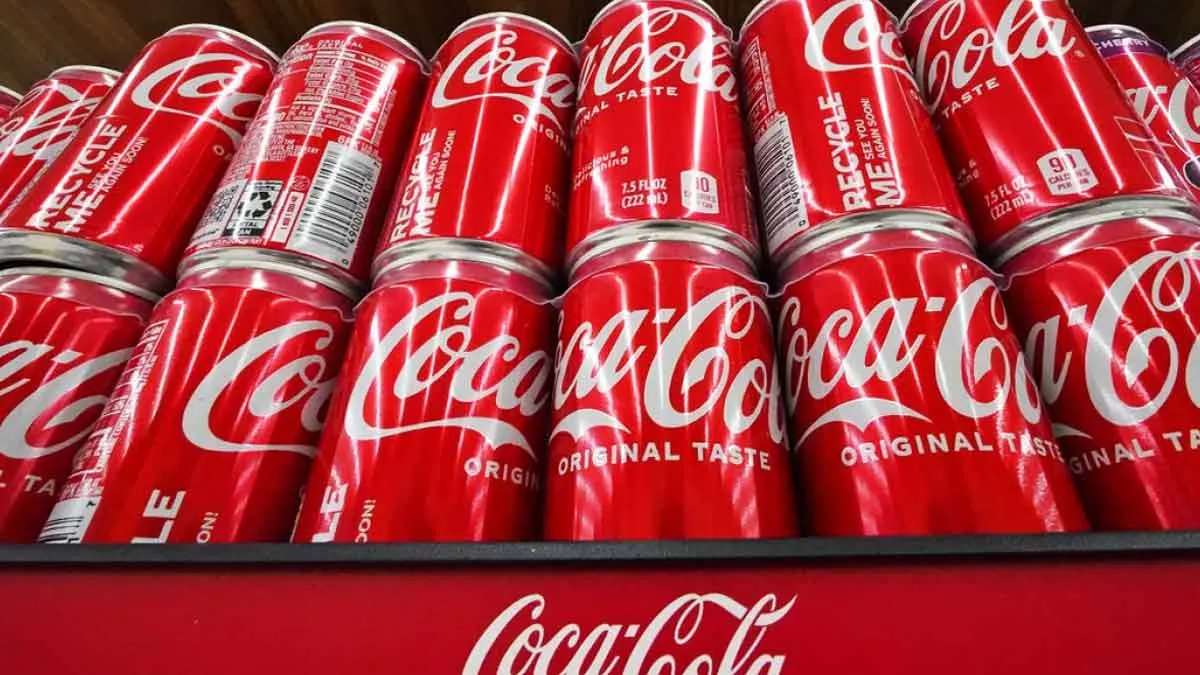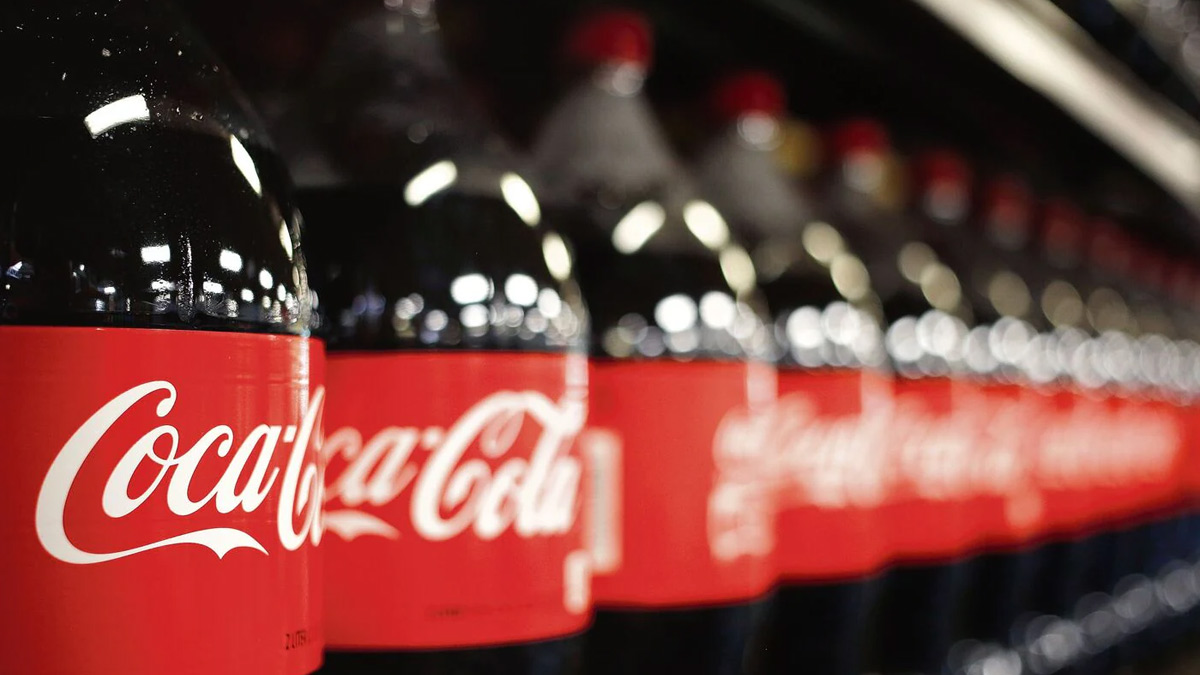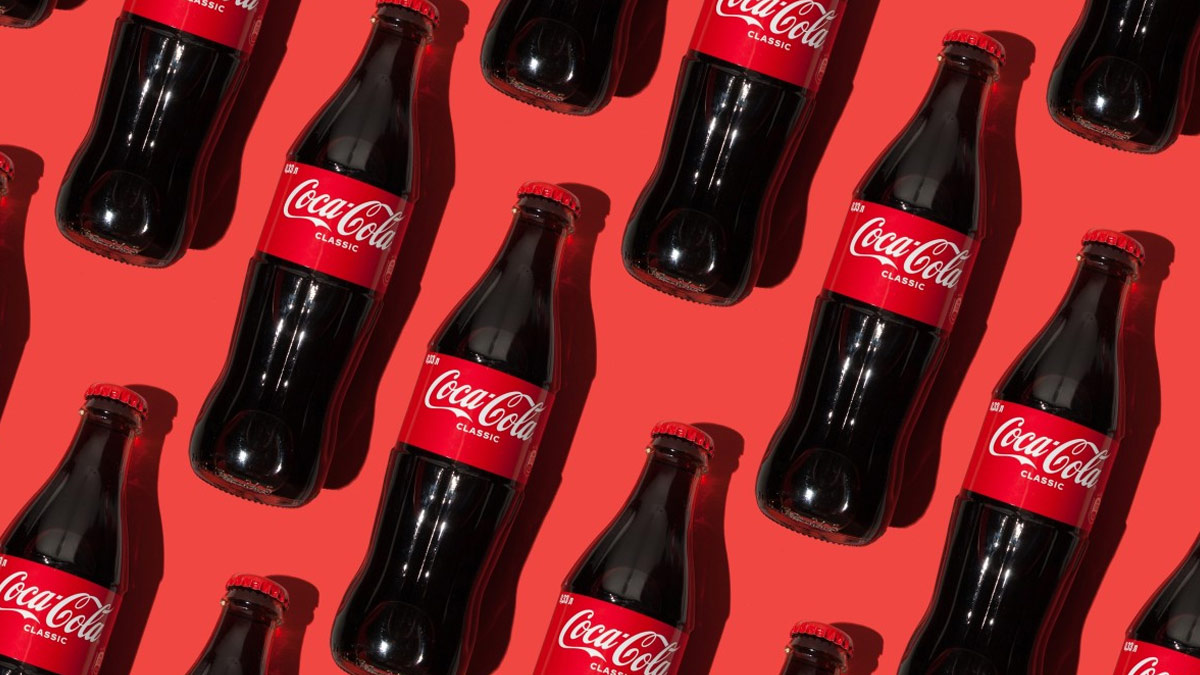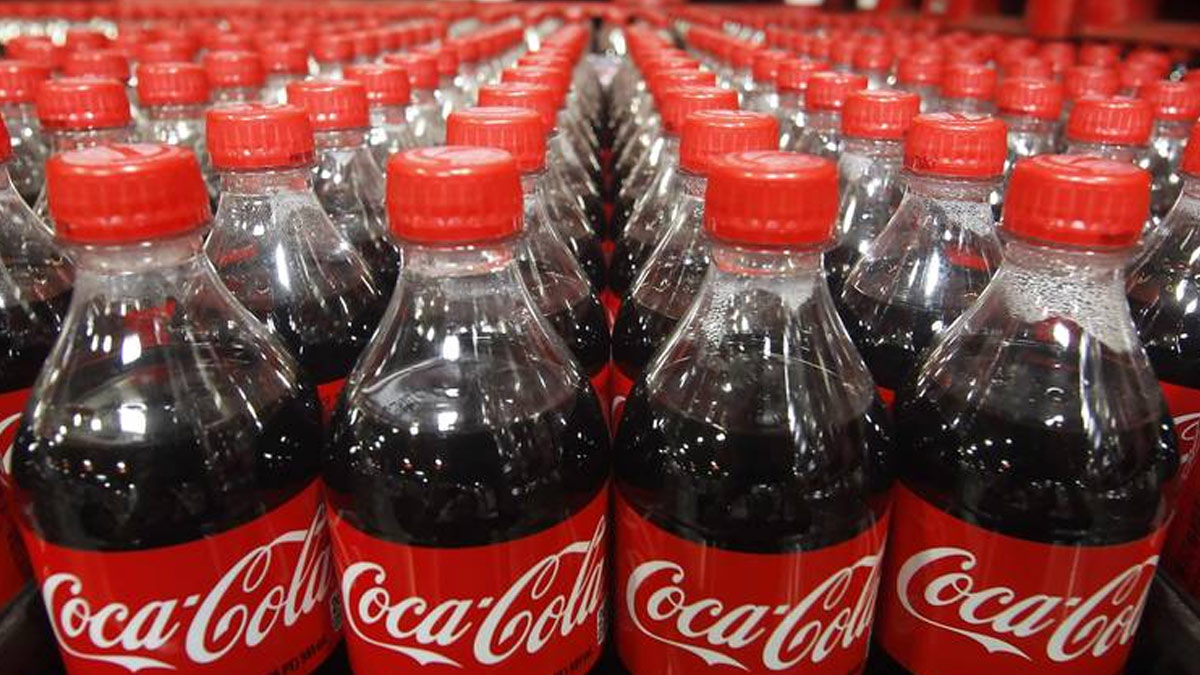
The Coca-Cola Company has issued a recall of over 10,000 cans of its popular soft drink, alarming consumers and prompting concerns about food safety. The recall, which initially affected select stores in Illinois and Wisconsin, was classified as a Class 2 risk by the U.S. Food and Drug Administration (FDA). This designation means that while consuming the affected product may cause temporary or medically reversible health effects, the likelihood of serious harm is relatively low. However, the presence of a foreign object in a beloved beverage brand has raised serious questions about manufacturing practices and quality control.
Table of Content:-
Contaminated Coca-Cola Cans: What Went Wrong?
According to the FDA, the Coca-Cola cans were recalled due to contamination with plastic, a foreign substance that can enter food and beverages during production. Such contamination can occur at various stages, including during bottling, sealing, or packaging. The company has yet to release details about how the plastic entered the product, but industry experts suggest that machinery malfunctions or packaging defects could be potential culprits.

While no injuries or illnesses have been reported in connection to the recalled Coca-Cola cans, the incident highlights the risks associated with plastic contamination in food and drinks. Consumers who purchased Coca-Cola in the affected states have been urged to check their products and return any potentially contaminated cans to the retailer for a full refund.
Health Risks of Plastic Contamination in Beverages
Plastic contamination in food and beverages is a growing concern due to its potential health effects. Experts warn that consuming even trace amounts of plastic can lead to various medical conditions. Some of the most alarming health risks associated with plastic contamination include:
- Endocrine Disruption: Many plastics contain chemicals such as bisphenol A (BPA) and phthalates, which can mimic or interfere with hormones in the body, leading to hormonal imbalances and reproductive health issues.
- Developmental Problems: Exposure to certain plastic compounds has been linked to developmental disorders in children, potentially affecting cognitive function and growth.
- Increased Cancer Risk: Some studies suggest that long-term exposure to plastic-related chemicals may increase the risk of cancers, including breast and prostate cancer.
- Digestive Issues: Ingesting plastic particles can lead to gastrointestinal discomfort, inflammation, and disruptions in nutrient absorption.

While Coca-Cola has assured consumers that the recall is a precautionary measure, the potential dangers of plastic contamination cannot be overlooked.
Consumer Reactions and Industry Implications
The Coca-Cola recall has sent shockwaves through the beverage industry and among consumers who trust the brand for its quality and safety standards. Many have taken to social media to express their concerns, questioning how such an issue could arise in one of the world’s largest soft drink manufacturers.
“I’ve been drinking Coca-Cola for years, but this makes me think twice,” wrote one consumer on Twitter. Another added, “If plastic can end up in my soda, what else could be in there that we don’t know about?”
Consumer advocacy groups are now calling for stricter regulations and more transparency in food and beverage manufacturing. The incident also underscores the importance of regular quality checks to prevent similar issues in the future.

Bottomline
The Coca-Cola recall serves as a stark reminder of the vulnerabilities in food and beverage production. While the company has responded swiftly, consumers remain wary of the risks posed by plastic contamination. As regulatory bodies continue to investigate, this incident may prompt stricter quality control measures across the industry, ensuring safer products for all consumers.
Also watch this video
How we keep this article up to date:
We work with experts and keep a close eye on the latest in health and wellness. Whenever there is a new research or helpful information, we update our articles with accurate and useful advice.
Current Version